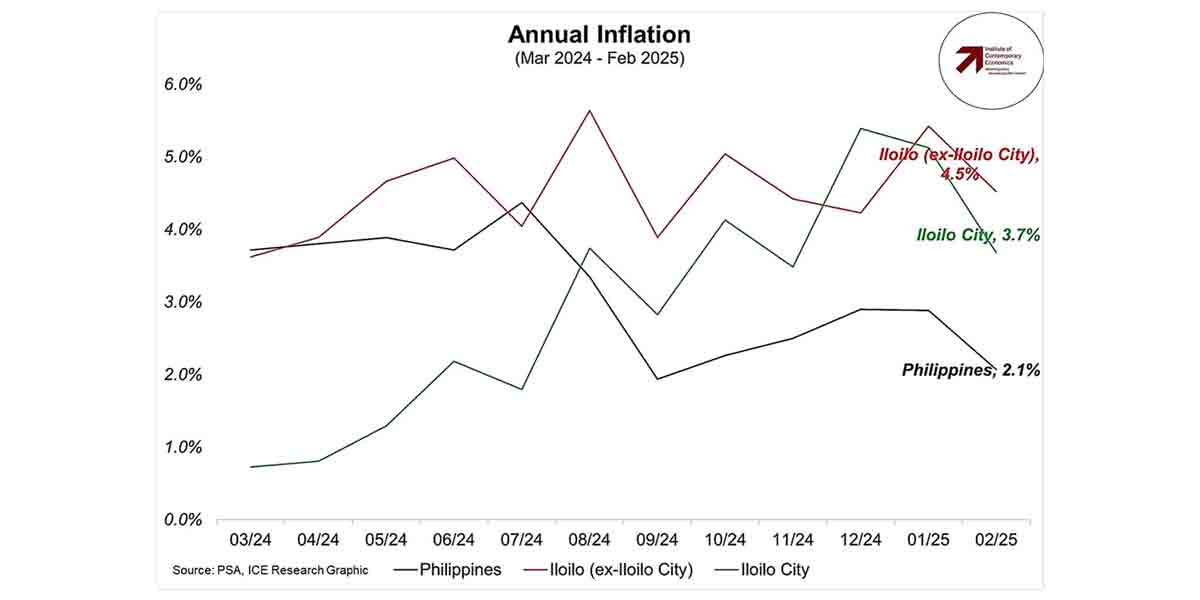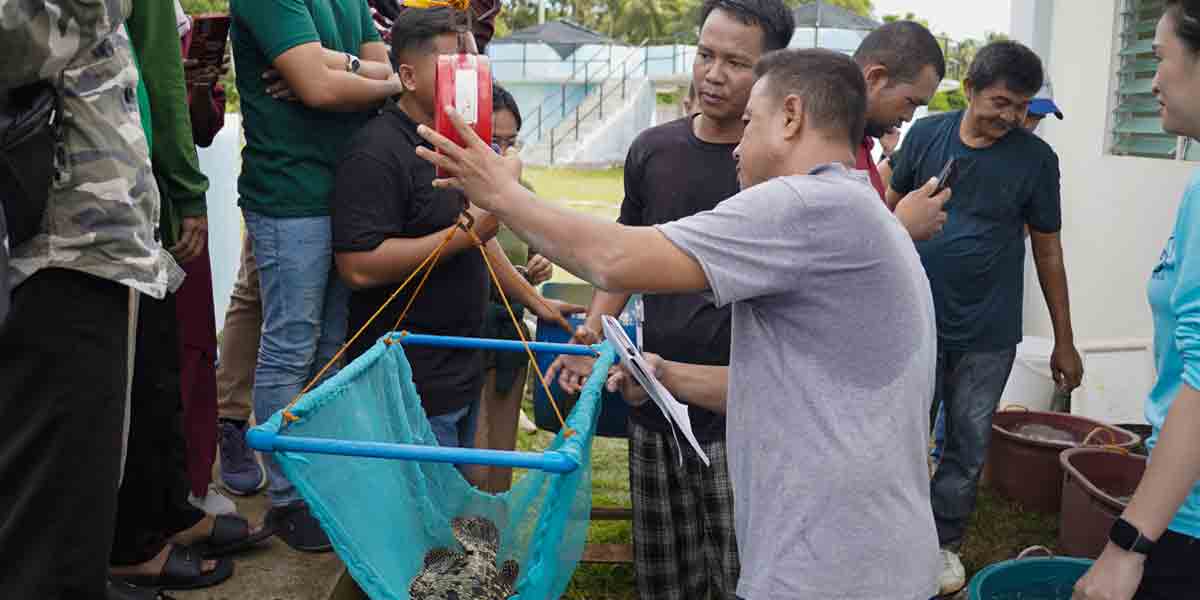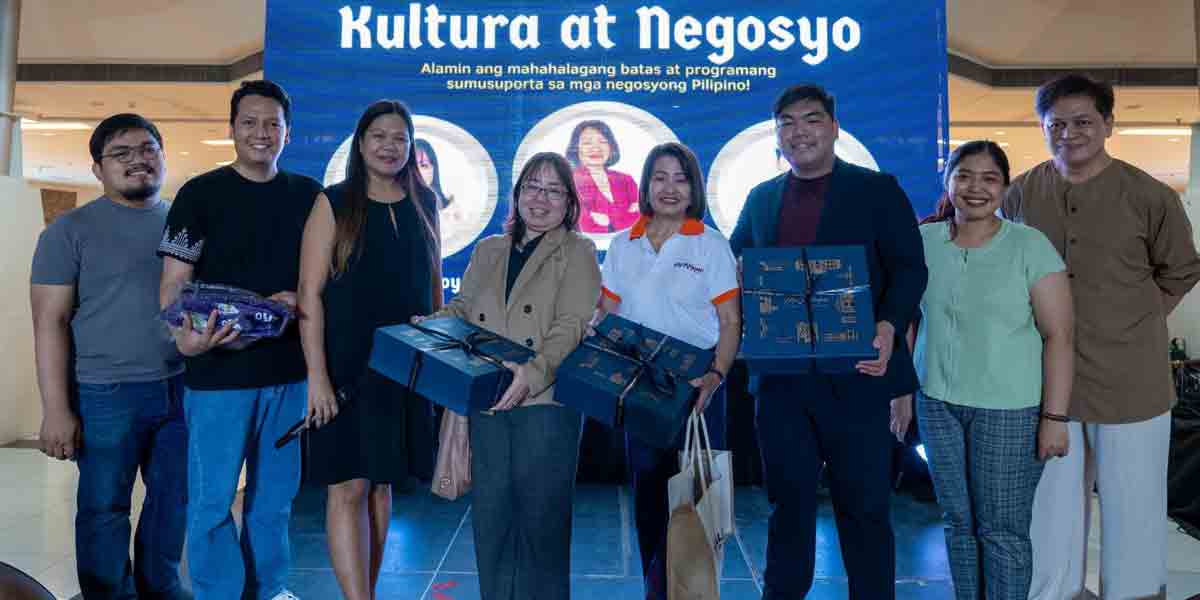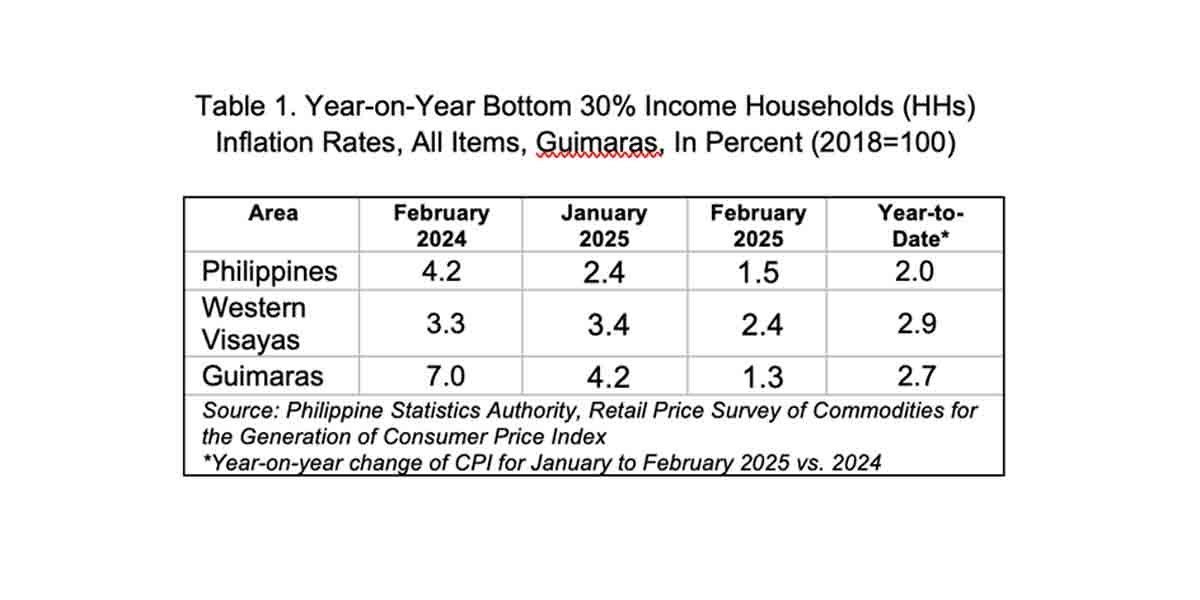The recent Small-Scale Fisheries National Symposium held at the University of the Philippines Visayas (UPV) in Iloilo City marks a pivotal moment for the country’s fisheries sector.
This long-overdue event, spearheaded by UPV and Too Big To Ignore (TBTI) Philippines, finally brings the challenges and contributions of small-scale fishers into the national spotlight. It is high time that their role in ensuring food security and supporting the economy is fully acknowledged and given the attention it deserves.
Small-scale fishers make up a substantial portion of the country’s fisheries sector. According to a 2019 study by the Food and Agriculture Organization (FAO), small-scale fisheries (SSF) contribute over 50% of the global fish catch, with a significant portion coming from developing countries like the Philippines.
This figure is not just an economic statistic—it represents the livelihoods of millions of families who depend on the sea for survival and who provide affordable fish, the main source of protein for many Filipinos.
In the Philippines, small-scale fisheries are the backbone of coastal communities and play a critical role in national food security.
The Bureau of Fisheries and Aquatic Resources (BFAR) has reported that municipal fisheries (dominated by small-scale fishers) contribute approximately 26% of the country’s total fish production. These fishers often operate in nearshore areas, where they are most vulnerable to the impacts of climate change, illegal fishing, and poor governance.
Despite their significant contribution, they remain underrepresented in policy-making, as fisherfolk leader and Ramon Magsaysay Awardee Roberto “Ka Dodoy” Ballon highlighted during the symposium.
The stories shared by fisherfolk at the symposium remind us of the struggles faced by this sector. Issues such as illegal, unreported, and unregulated (IUU) fishing, poverty, and the marginalization of indigenous fishers persist, hampering their ability to thrive. As emphasized by symposium speakers, including Leo Logronio from Iloilo and Fredel Mued from Palawan, these problems not only threaten the livelihoods of small-scale fishers but also the sustainability of marine resources.
Moreover, the call for the departmentalization of BFAR is a critical step forward in addressing these concerns. With limited resources and a small budget, BFAR is hard-pressed to meet the sector’s needs, particularly in enforcing fisheries laws and supporting conservation efforts. The creation of a dedicated department, as proposed by fisherfolk and La Union enforcer Gavina Tumbaga, would allow for a more focused approach to managing the vast and biologically diverse coastal areas of the Philippines. This is essential to safeguarding both the environment and the people who rely on it.
The symposium’s success lies in its ability to bridge the gap between various stakeholders—fisherfolk, scientists, local government units (LGUs), and academic institutions. By encouraging dialogue and collaboration, this event fostered a sense of shared responsibility for the future of the sector. The involvement of state universities and colleges (SUCs), including UPV, Carlos Hilado Memorial State University (CHMSU), Central Philippines State University (CPSU), Northern Iloilo State University (NISU), and others, point to the critical role that research and education play in shaping sustainable fisheries management.
Several studies underscore the importance of sustainable practices within small-scale fisheries. Research published by TBTI highlights that improving the livelihoods of small-scale fishers through education, policy reforms, and community-based initiatives is essential for ensuring the long-term health of the fisheries sector. Furthermore, a study by the WorldFish Center emphasizes that supporting small-scale fishers not only strengthens food security but also boosts local economies by providing jobs and fostering resilient coastal communities.
The organizers of this symposium deserve praise for their efforts in rallying support for small-scale fishers, a group that is often neglected in national discourse. By advocating for stronger government policies and promoting sustainable practices, they have taken a significant step toward securing a more equitable and sustainable future for the sector.
This event should prod the government, the private sector, and civil society to come together and ensure that the contributions of small-scale fishers are recognized and supported.
The Small-Scale Fisheries National Symposium went beyond merely bringing together various stakeholders—it was a resounding call to action. The obstacles small-scale fishers face are significant, yet with the right combination of policy changes, financial support, and dedicated effort, they can be addressed.
Now, it falls on the shoulders of the national government, legislators, and local authorities to move these critical discussions into tangible reforms that safeguard the livelihoods of our coastal communities. The symposium’s success marks the starting point, but the real work lies ahead.

























